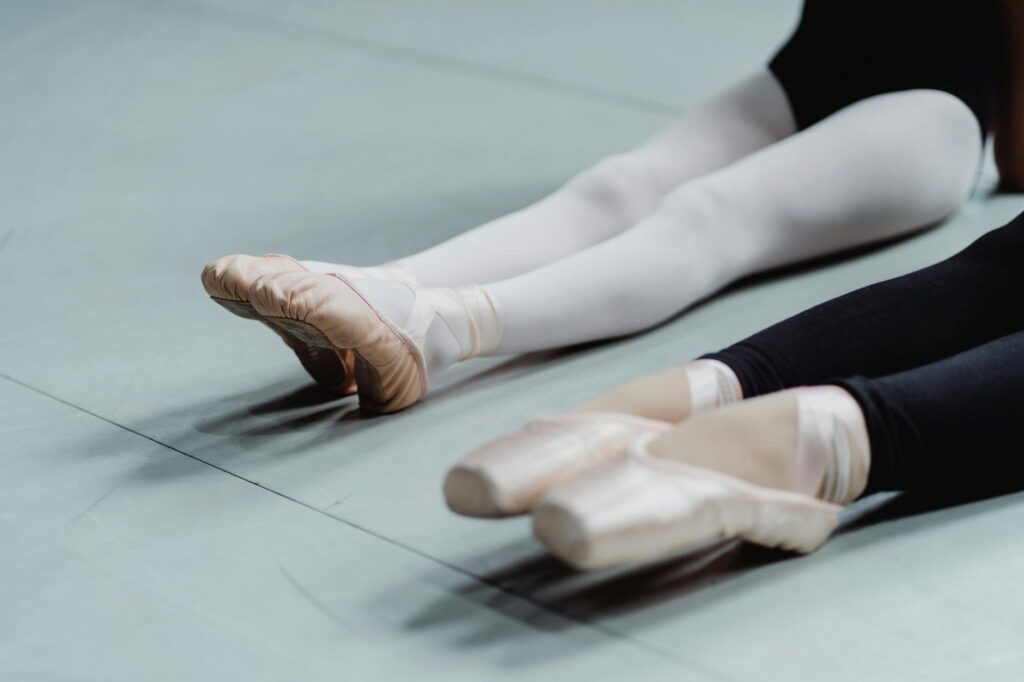What is mental rehearsal?

What is mental rehearsal?
Mental rehearsal is a concept that can greatly enhance productivity and personal development. This technique is not just a tool for athletes or performers; it’s a powerful method anyone can use to improve their skills, boost confidence, and manage anxiety. It’s about vividly imagining yourself executing a task or going through a scenario in your mind before you actually do it. This article will explore the definition, benefits, techniques, and real-life applications of mental rehearsal, providing you with insight into how to effectively incorporate it into your daily routine.
Understanding Mental Rehearsal
Definition of Mental Rehearsal
Mental rehearsal is a cognitive practice where individuals visualize themselves performing tasks. It allows a person to mentally simulate actions and experiences, enhancing their readiness for real-life scenarios. By mentally practicing a skill, one can improve performance and reduce anxiety. This technique is widely recognized in various fields, including sports, performing arts, and even business settings.
Psychological Principles Behind Mental Rehearsal
At the core of mental rehearsal is the concept of visualization. This cognitive process leverages the brain’s ability to imagine actions, which can lead to actual performance improvements. When you visualize an action, your brain activates similar neural pathways as if you were performing it physically. This can enhance memory retention and improve execution when it’s time to actually perform.
Research has shown that mental rehearsal engages the brain’s memory and learning systems, making it a valuable strategy for anyone looking to enhance their skills. For a deeper understanding of the psychological underpinnings of mental rehearsal, you can explore this study on the power of imagination.
Benefits of Mental Rehearsal
Enhanced Performance in Tasks
One of the most significant benefits of mental rehearsal is its ability to enhance performance. By mentally visualizing the steps required to complete a task, you condition your brain to execute those steps effectively. Athletes often use this technique to prepare for competitions, as it helps them envision their movements and strategies clearly.
For instance, a skier might mentally rehearse their run down the slopes, picturing every turn and jump. This preparation can lead to better performance when they actually hit the slopes.
Improved Confidence and Reduced Anxiety
Mental rehearsal is also a fantastic tool for boosting confidence and reducing anxiety. When you visualize yourself succeeding at a task, it creates a sense of familiarity and confidence about the upcoming performance. This is particularly useful in high-pressure situations, such as public speaking or interviews.
When you mentally rehearse a presentation, you not only refine your content but also condition your mind to face the audience confidently. The more you practice this technique, the more comfortable you’ll feel when it’s time for the real thing.
Application in Various Fields
Mental rehearsal can be applied across a range of fields. In sports, athletes use it to prepare for competitions. In the performing arts, actors visualize their performances to enhance their delivery. Even business professionals can utilize mental rehearsal for presentations and negotiations. The versatility of this technique makes it an invaluable asset in various contexts.
To learn more about effective techniques and applications, check out these mental rehearsal tips.
Techniques for Effective Mental Rehearsal
Step-by-Step Guide to Mental Rehearsal
Implementing mental rehearsal effectively involves a structured approach. Here’s a step-by-step guide to help you practice this technique:
-
Set Clear Goals: Identify what you want to achieve through mental rehearsal. This could be improving a skill, preparing for a presentation, or overcoming anxiety.
-
Find a Quiet Space: Choose a calm environment where you can focus without distractions.
-
Visualize the Process: Close your eyes and imagine yourself performing the task. Engage all your senses—what do you see, hear, and feel?
-
Rehearse Regularly: Make mental rehearsal a regular practice. The more you do it, the more effective it becomes.
-
Reflect on Your Experience: After your mental rehearsal, take a moment to reflect on how it felt.
Incorporating Visualization Techniques
Visualization is a crucial component of mental rehearsal. Here are a few techniques to enhance your visualization:
-
Detailed Imagery: Focus on the fine details of your performance. Imagine every movement, emotion, and sound. The more vivid the imagery, the better your brain can prepare.
-
Positive Affirmations: Pair your visualizations with positive affirmations. For instance, tell yourself, “I am confident and capable.”
-
Practice Breathing Techniques: Incorporate deep breathing to relax your mind and body before visualizing. This can improve your focus and clarity during rehearsal.
Real-Life Examples of Mental Rehearsal
Athletes and Mental Rehearsal
Many elite athletes swear by mental rehearsal. Olympic athletes often visualize their events in the lead-up to competition. For example, Michael Phelps, the famous swimmer, frequently used mental imagery to prepare for his races. By imagining every stroke and turn, he conditioned his mind and body to perform optimally under pressure.
Business Professionals Utilizing Mental Rehearsal
In the business world, leaders like Richard Branson have used mental rehearsal techniques to prepare for significant presentations and negotiations. By visualizing the outcomes and their interactions, they enhance their performance and decision-making abilities. This method has proven beneficial in high-stakes situations where confidence and clarity are crucial.
Conclusion
Mental rehearsal is a powerful technique that can help you improve skills, boost confidence, and manage anxiety. By incorporating it into your daily routine, you can enhance your performance in various aspects of life, from sports to business and personal development.
Start visualizing your success today, and watch as you transform your approach to challenges. Whether you’re preparing for a big presentation or learning a new skill, mental rehearsal can be your secret weapon. Embrace this practice and experience the significant benefits it offers in achieving your goals.

Photo by Budgeron Bach